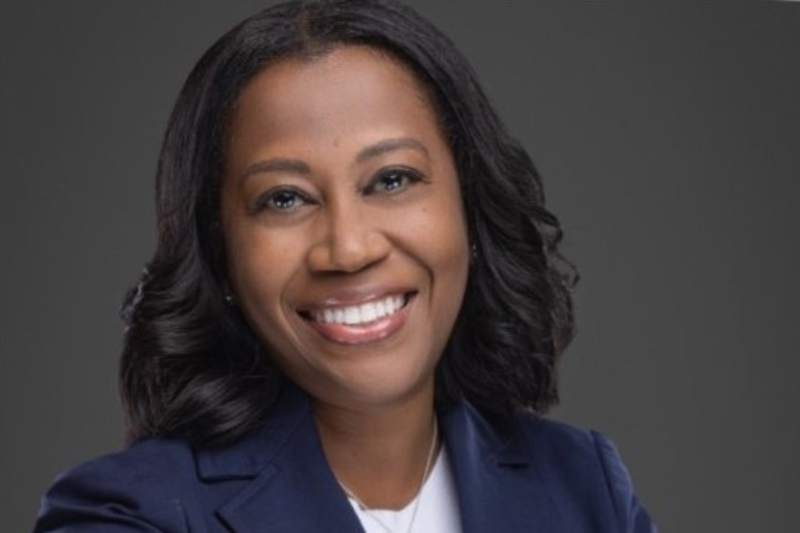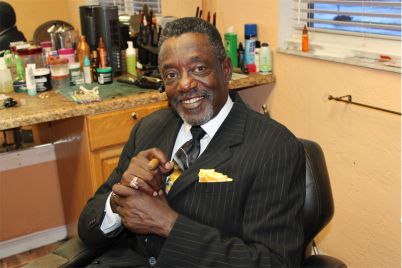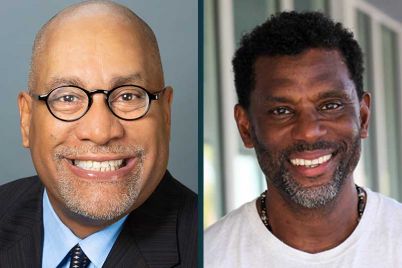Mauryo Jones urges everyone to get tested for colon cancer as she tells the story of her battle with the disease.
BY MAURYO JONES, Contributor
“You have stage two colon cancer, Mrs. Jones.” My heart sank as I heard the doctor say those words. I was only 33 years old. How could this have happened to me? I was a healthy young woman with a husband and a 6-year-old daughter who needed me. I didn’t want to die.
It all started with abdominal pains. I went to the doctor concerned about this discomfort, but colon cancer was never considered due to my age. The doctor thought it could be an ulcer or a digestive issue.
This went on for a couple of months, and one night the pain was so intense that my husband took me to the emergency room. The doctors immediately started running tests and finally decided to complete a CAT scan. The scan revealed a mass in my colon. Soon after, a colonoscopy was completed, and the mass was sent off for a biopsy. Cancer was confirmed.
The location of my tumor was “divinely placed,” according to my doctors. Due to its location in my colon, it was causing me pain, which prompted me to investigate. Normally with colon cancer, there is no pain, and therefore cancer is not detected until it’s too late.
Since I was a younger patient, I was also tested for Lynch syndrome, also known as hereditary non-polyposis colorectal cancer, which is the most common cause of hereditary colon cancer. I tested positive. People with Lynch syndrome are more likely to get colon and other types of cancers at a younger age.
Colon cancer is now America’s second leading cause of death and is no longer considered only a problem for older men. In fact, colon cancer diagnoses in young people have experienced a dramatic increase in the last 30 years. A recently published report from the American Cancer Society finds that diagnoses of colon cancer in people younger than 55 doubled, going from 11 percent in 1995 to 20 percent in 2019.
Even though these statistics are concerning, colon cancer does not have to be a death sentence. If caught early, nine out of 10 people can survive. In 2021, the U.S. Preventive Services Task Force issued new recommendations for people to start getting colonoscopies at age 45, and there are several other tests outside of the traditional colonoscopy that doctors can recommend.
It’s extremely important to listen to your body and be your own advocate when it comes to getting checked for any type of ailment. I was lucky that my cancer was found early, which is the only reason I’m still alive today, 13 years after my diagnosis. And knowing that I have Lynch syndrome has blessed me with the opportunity to warn members of my family and protect my daughter as she gets older.
If you are 45 and older or are concerned about your health, I strongly recommend you get tested or voice your concerns to your doctor. Don’t wait to get checked; it could save your life.
Mauryo Jones serves as vice president of safety, health, and security for Florida-based Ryder System, Inc., a leading logistics and transportation company, and serves on the Florida Chamber Leadership Cabinet.







